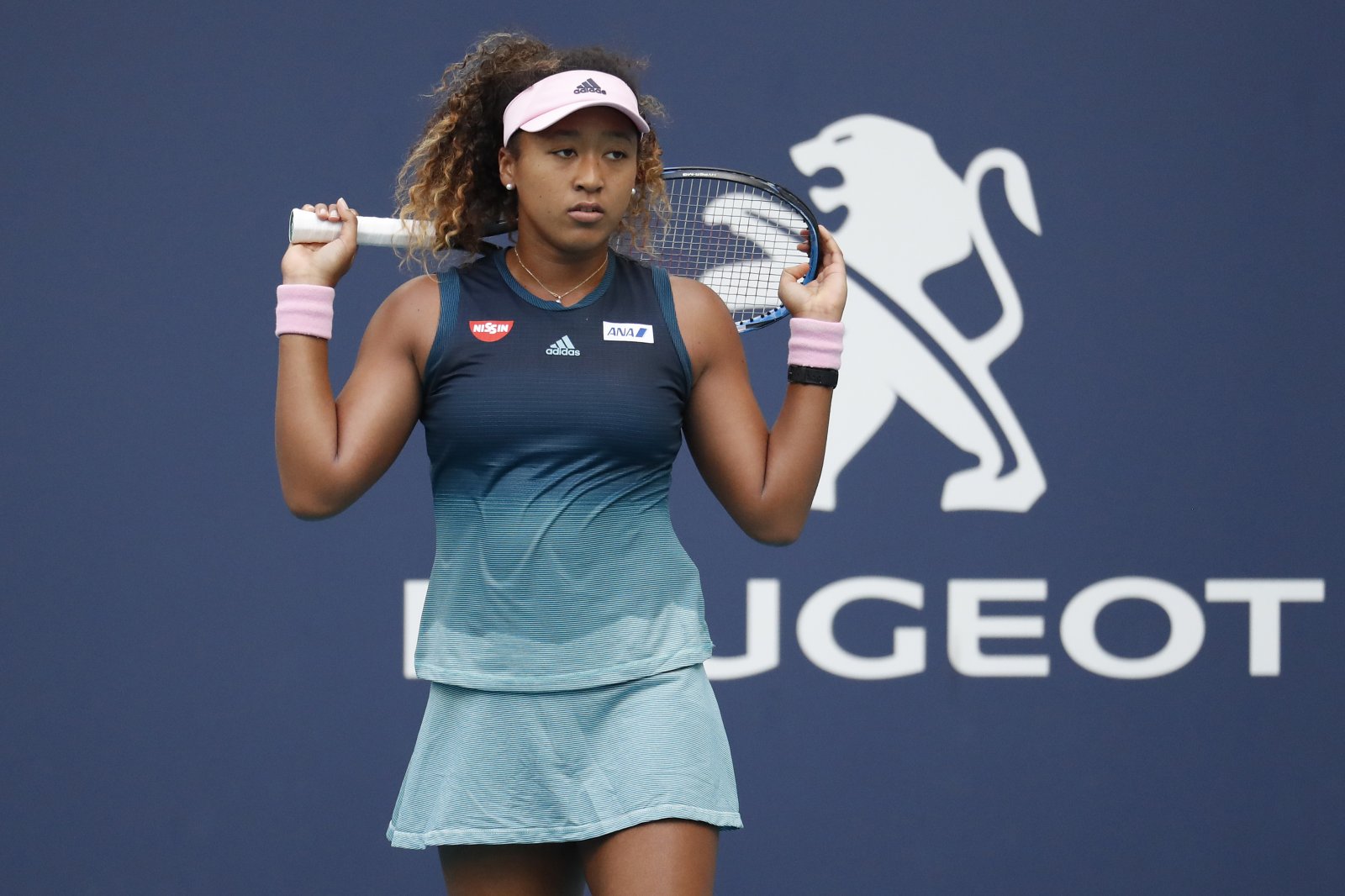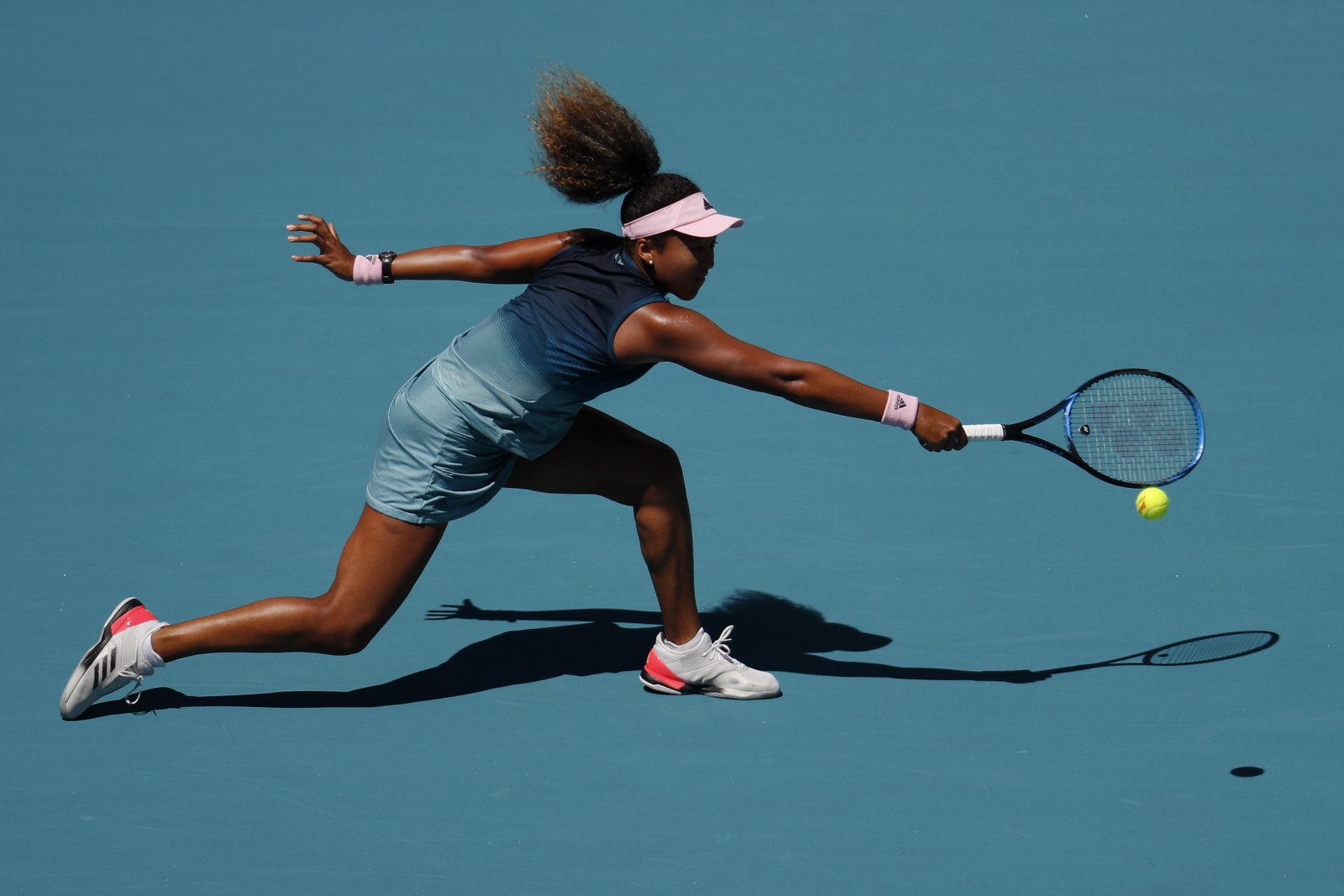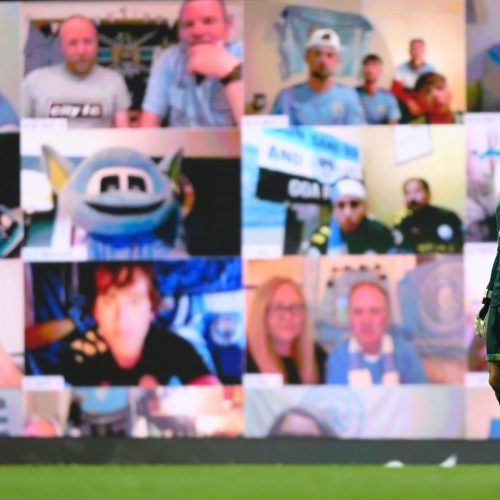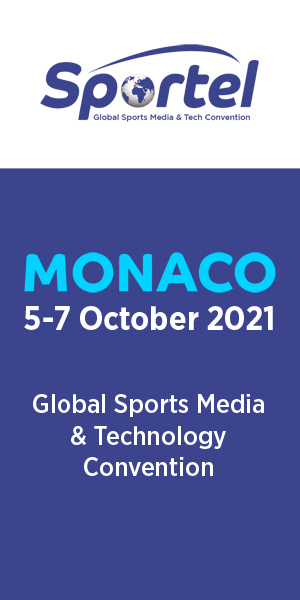Naomi Osaka’s switch to Nike from Adidas shows the battle for the best talent is still raging
Naomi Osaka is a generational talent. Now the current world number one and the winner of the last two grand slams, she is becoming a household name at only 21 years of age. She is also now a Nike athlete.
After being kitted out in Adidas for her opening two slam victories, the Japanese star has made the headlines by switching to the American sportswear company, whose ties with Serena Williams have become iconic over the last few years.
Not standing still on issues like racism and sexism, Nike appear committed to championing inspirational causes as well as selling gear (or, maybe more accurately, in order to sell gear). To them, Osaka likely represents the modern sportsperson: a Japanese-Haitian athlete who was born in Japan and who grew up in the USA. It’s not just her talent that is marketable, but her global appeal and her thoroughly modern story.
But the battle for talent among these giant companies who act as brand sponsors in the sports world is nothing new. The history of Nike, Adidas, Puma and others are littered with approaches to athletes, from the Dassler brothers approaching Jesse Owens to wear Gerbruder Dassler (the name of the ancestor company of Puma and Adidas before the brothers’ split) running spikes during the 1936 Olympics right through to the present day there’s a desire to use athletes as walking, talking – and above all, winning – adverts for brands. Especially sports performance brands, who can market themselves as the best with some legitimacy if their gear is kitting out the champions.

Just look at Adidas’s recent announcement of their partnership with Beyonce. Specifically, this is a partnership with the singer-come-businesswoman’s sports and leisure brand Ivy Park, but it’s arguably easier and bigger for both to market this as a partnership between the brand and the celebrity – as though Beyonce was some sort of top notch athlete.
It’s always been true that personalities rule the roost: the endorsement of a famous athlete is a sort of cult of personality. Well known people sell things by the force of their personalities, but in sport it goes even further – their prowess on the pitch is proof that the trainers are good.
But even in an era of automation, technology and social media influencers, there is still an almighty scramble to sign up new athletes and teams under the banner of whatever sportswear brand you happen to be selling. We fear that the robots might one day take our jobs, but humans and their personalities are still very much in vogue.
Every industry has the challenge of attracting and retaining the best people. It’s not just brands, sponsors and athletes, but any company who employs people to do a job. And just like Adidas had trouble retaining Osaka, there’s then the difficulty of keeping that person happy, ensuring they don’t want to move on to pastures new.
That’s a topic we’ll be exploring in more detail next month at Digital Sport London – how does sport go about attracting and then retaining the best talent? And how do we learn from other industries who do it better – or worse?
Osaka and other athletes are a great example. Their talent is coveted by the biggest brands, and if they’re playing a team sport, it’s wanted by the biggest clubs, too. There are so many offers out there that attracting the best talent is hard, but retaining them probably even harder.
The world number one is is an especially in-demand talent. It’s now up to Nike to ensure she feels as though they’ve giving her the most they can.
The Battleground for New Tech Talent – get your ticket below!
About author
You might also like
Daniil Medvedev and Dominic Thiem match their performances on the court at the Netto ATP Tour Finals with strong social growth off the court and why Autosport brands hold the ace?
Daniil Medvedev and Dominic Thiem have seen their social followings increase in the past few days, boosted by their performances in the Netto ATP finals last weekend. Medvedev gained 33k
A New Era: Fed Cup Renamed Billie Jean King Cup By Bnp Paribas
The ITF has announced that the Fed Cup, the women’s world cup of tennis, has been renamed the Billie Jean King Cup by BNP Paribas. It is the first time
Interview: Nielsen Sports’ Spencer Nolan Discusses Covid-19’s Impact on Sport Media Rights and the Commercial Sport Landscape
Digital Sport’s Rupert Pratt and Thomas Smith recently sat down with Nielsen Sports Managing Director for the UK & Ireland, Spencer Nolan, to discuss Covid-19’s impact on sport media rights








